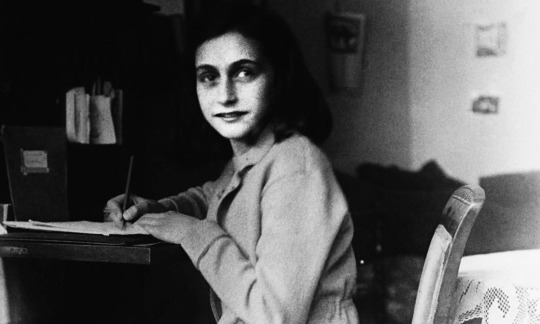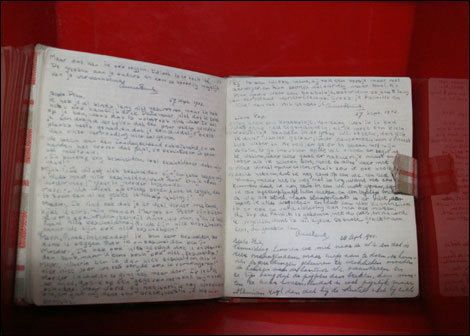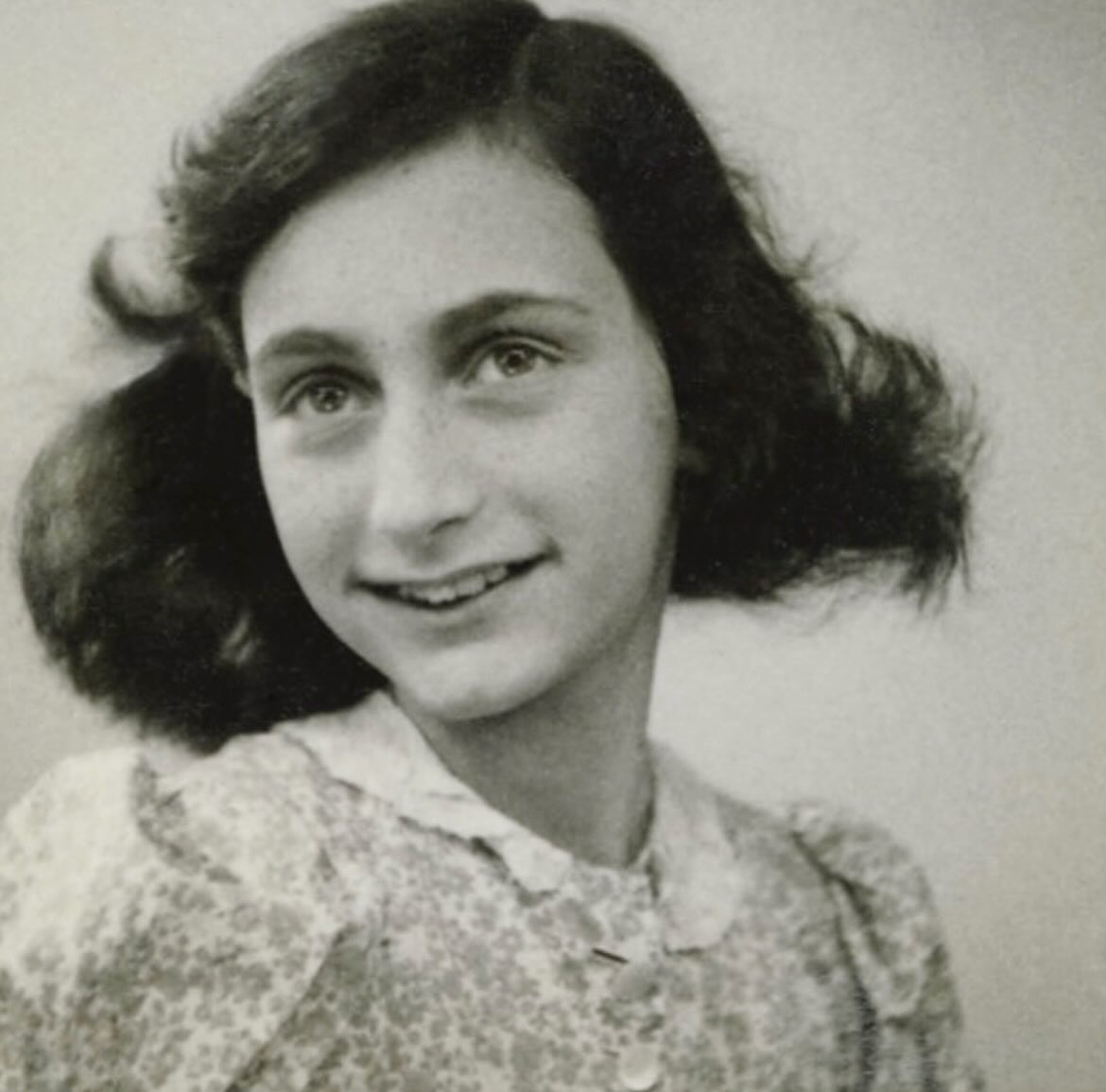The Light from a Hiding Place: Anne Frank’s Enduring Hope
In a tiny room, hidden from the world, a young girl sat at a desk. It was July 1944, and the world outside was in turmoil. The sounds of war were a distant thunder, but the fear was a constant, suffocating presence. This was not a place of grand pronouncements or heroic deeds; it was a world of quiet whispers, of tiptoes on creaking floorboards, of stifled coughs. And yet, from this small, confined space, came words of staggering hope.

In the final months of her life in hiding, Anne Frank faced the immense burden of her reality. She was a witness to an unfathomable wave of hatred and despair, yet she refused to let it extinguish her inner light. It was on July 15, 1944, that she penned a passage that stands as a testament to the enduring strength of the human spirit.
 She wrote:
She wrote:
“It’s a wonder I haven’t abandoned all my ideals, they seem absurd and impractical. Yet I cling to them because I still believe, in spite of everything, that people are truly good at heart. It’s utterly impossible for me to build my life on a foundation of chaos, suffering and death. I see the world being slowly transformed into a wilderness, I hear the approaching thunder that, one day, will destroy us too, I feel the suffering of millions. And yet, when I look up at the sky, I somehow feel that everything will change for the better, that this cruelty too will end, that peace and tranquillity will return once more. In the meantime, I must hold on to my ideals. Perhaps the day will come when I’ll be able to realise them!”
Imagine the weight of those words. For over two years, Anne had been trapped in the Secret Annex, a bystander to unimaginable hatred and suffering. She had seen her world slowly “transformed into a wilderness.” She felt the “suffering of millions.” The approaching thunder she heard was not just a metaphor; it was the relentless march of a war that had already consumed so much.
And yet, in the face of this overwhelming darkness, she refused to abandon her belief in goodness. This wasn’t a naive, childish optimism. It was a conscious, deliberate choice. Anne’s faith was an act of defiance. To believe that peace would return and that cruelty would end was a way to reclaim her humanity when the world was doing everything it could to strip it away. Her ideals were not just feelings; they were the foundation on which she built her inner world, a fortress against the chaos, suffering, and death that surrounded her.
Anne’s quote reminds us that hope is not a passive emotion. It is a verb—a choice we make every day, especially when it feels impossible. Her diary was a window into a secret world, but it also became a mirror for us. We see the world’s flaws reflected in her words, and we are asked the same question she asked herself: How do we hold onto our ideals in a world that so often seems determined to destroy them?

Her legacy is a powerful one. Anne Frank did not live to see her ideals realized, but through her words, she offered a roadmap to a better future. She proved that even in the darkest of times, a single voice, armed with nothing but a pen and a diary, can shine a light into the wilderness. She teaches us that believing in the goodness of people isn’t about ignoring the evil; it’s about choosing to build our lives on something better—and perhaps, one day, realizing those ideals for ourselves.
